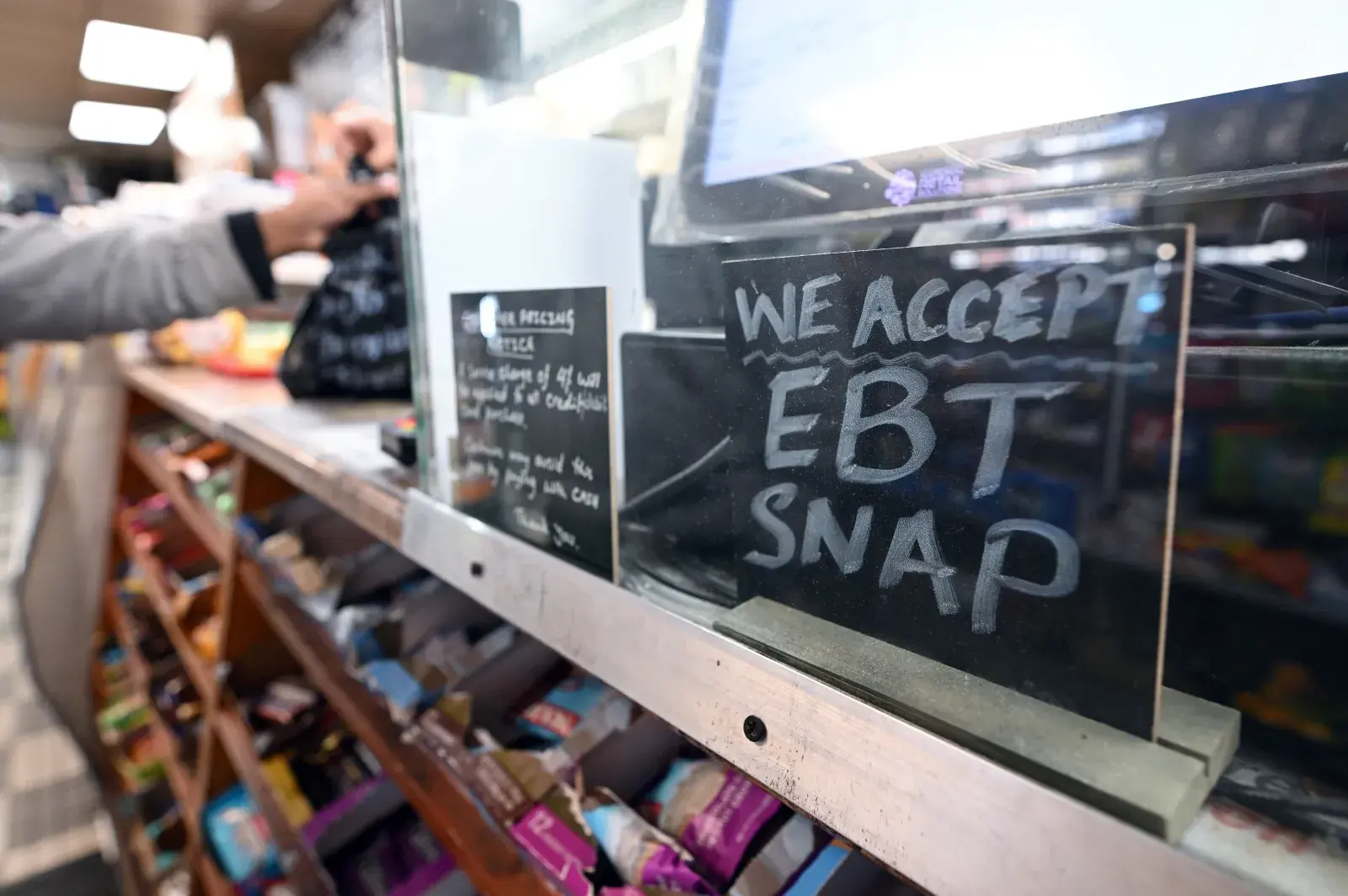The impacts of the prolonged government shutdown continue to unfold, impacting food assistance, health care costs, and now home heating assistance as the weather turns cooler.
Some families across the country learned last week that the Low-Income Home Energy Assistance Program (LIHEAP) they have relied on may not pay out in the coming weeks as funds start to run dry.
Newsweek reached out to the White House, Department of Health and Human Services, and the Department of Energy by email on Sunday morning outside of normal business hours for comment.
Why It Matters
The federal government has remained closed for over a month, with Democrats and Republicans at an impasse in the Senate after the House passed its Continuing Resolution (CR) that would continue funding at previous levels for several weeks as a longer funding deal is thrashed out.
Republicans have accused Democrats of trying to barter vital American support programs for health care coverage for illegal immigrants, which Democrats have flatly denied and refuted several times – instead saying they are pushing to have guarantees on Affordable Care Act (ACA) subsidies that help keep costs down for low-income Americans.
And funding lapses have started to pile up, first with a shortfall in pay for military personnel, which President Donald Trump funded through a private donation, and then Supplemental Nutrition Assistance Program (SNAP) food benefit coverage, which the administration is working to fund after it lapsed on November 1.

What To Know
There's an anticipated delay in subsidies for low-income houses, known as LIHEAP, to help cover energy costs for around 5.9 million households – the same households that will start to feel the pinch of missing out on SNAP benefits and other safety net programs.
The heating assistance program was started in 1981 to assist families in covering utility bills or the cost of fuel delivery to their home and has received bipartisan support for decades.
States manage the program, but the federal government allots funding each year to the states based on a formula that tries to anticipate state weather patterns, energy costs, and income data.
According to The Associated Press, Trump did not include any funding for the program in his budget, but it was understood that Congress would fund the program for the year starting October 1, which has not happened due to the failure to pass a full 2026 spending bill. As such, states have not received their new funding for the program.
Some states have already announced the delay to their payments, including Kansas, Pennsylvania, New York, and Minnesota.
Pennsylvania Governor Josh Shapiro’s administration made clear it will not be able to absorb the $200 million cost of the program, which in his state covers around 300,000 households, while Connecticut has said the state has enough money to pay heating bills until the end of November, but that relies on the shutdown ending sooner than later.
States have anticipated a one-month delay to those payments, but some officials have said they will not plan to pay the heating bills for recipients of the assistance until the shutdown ends.
What People Are Saying
The Department of Health and Human Services in a statement to the AP: “Once the government reopens, ACF [Administration for Children and Families] will work swiftly to administer annual awards.”
Representative Summer Lee, a Pennsylvania Democrat, last week wrote on X: “The Republican government shutdown is set to delay the Low Income Home Energy Assistance Program (LIHEAP) here in PA. As we enter the colder months, if you rely on LIHEAP or you need assistance, don't hesitate to reach out to my office for support.”
Representative Madeleine Dean, a Pennsylvania Democrat, last week wrote on X: “LIHEAP — a program that ensures over 300,000 Pennsylvania households stay warm in winter — will go dark on November 1st. This is unacceptable. While the most vulnerable among us pay the price for this shutdown, Republicans seem uninterested in ending it.”
What Happens Next
States will scramble to find funding to keep low-income houses warm as the weather cools, but the full funding requires federal government assistance, which will remain out of reach until the shutdown ends.
This article includes reporting by The Associated Press.





















